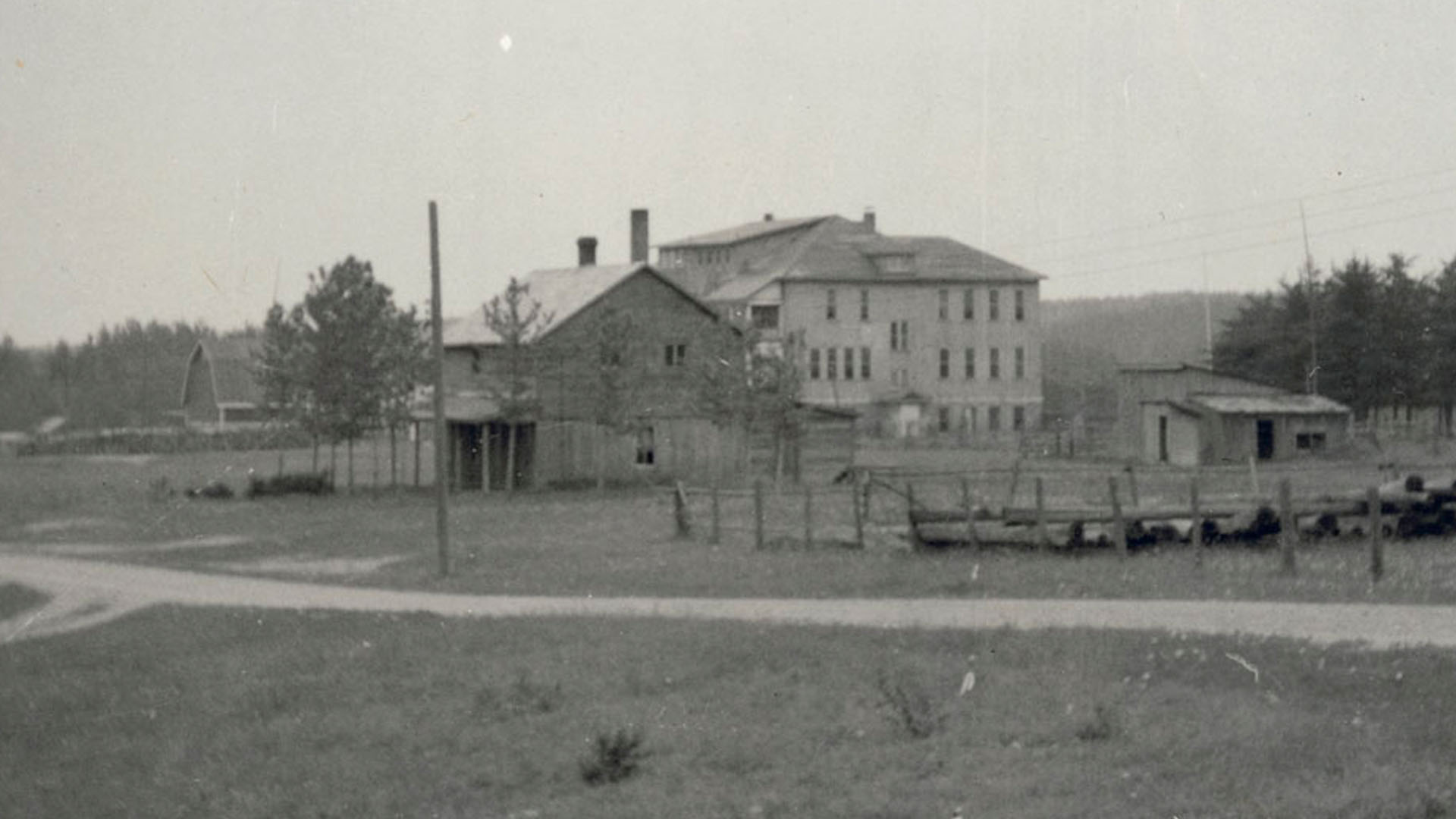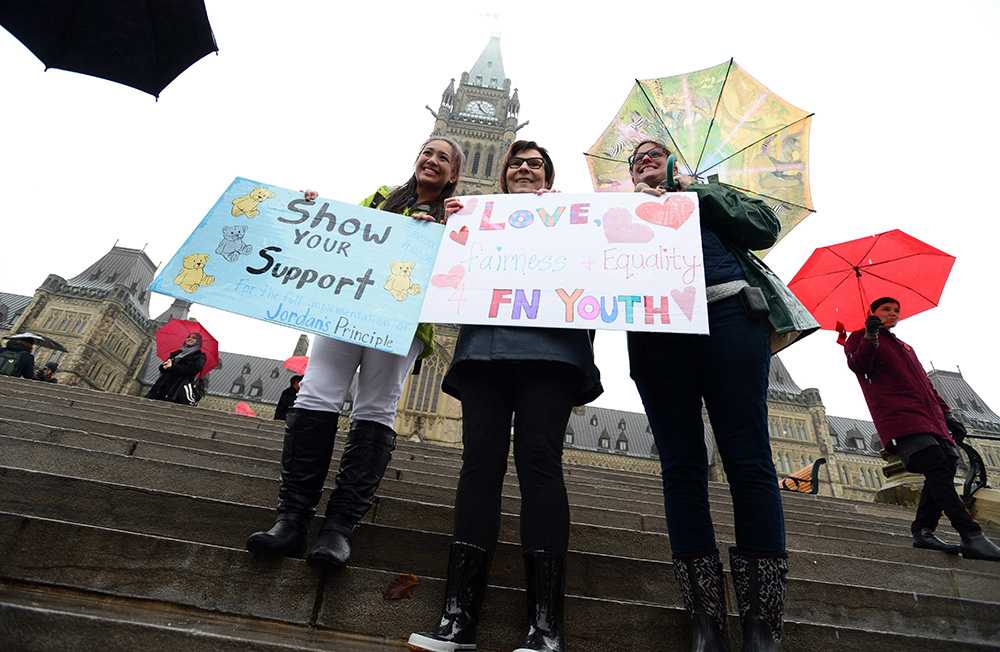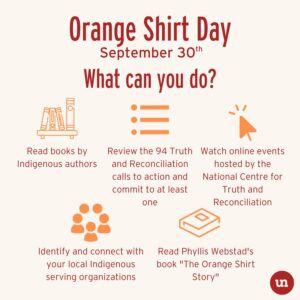Organizations: StrongHearts Native Helpline, Alaska Native Women’s Resource Center, National Indigenous Women’s Resource Center, Alliance of Tribal Coalitions to End Violence
Several weeks of national mainstream news media coverage has been focused on Gabby Petito, a 22-year-old white woman who recently was reported missing and subsequently found murdered. We offer our sincere condolences to her family. No one should have to experience this kind of tragedy exacerbated by noted indicators of domestic violence.
We are national Indigenous organizations dedicated to ending the cycle of violence that adversely affects 84% of Indigenous women (Rosay, André B.) during their lifetime. Indigenous women are murdered at a rate 10 times higher (Bachman, Ronet) than other races in some communities. More than half have been physically abused by an intimate partner, according to the National Institute of Justice.
The loss of an Indigenous woman’s life is all too familiar in our communities. Hundreds of Indigenous people go missing every year. Many of them vanish without a trace, never to be seen or heard from again. Too many of them are found murdered with their cases often left uninvestigated and unresolved by local, state and/or federal authorities.
Yet, none of our relatives to date have received much, if any, attention from the news media, concentrated efforts by law enforcement departments, or an outpouring of financial contributions from ordinary citizens. Indian tribes, communities and family members don’t have unlimited financial resources to help us locate our missing relatives. Up until recently, our missing relatives have not amassed social media followings to galvanize searches. The contrast that we are witnessing regarding this particular case is heartbreaking to the many Indigenous families and communities dealing with the daily pain of losing their loved ones. The contrast sends the message that society has little regard for Indigenous lives.
We are not alone in seeing systemic and law enforcement bias when it comes to the lack of coverage of and case resolutions of missing and murdered Indigenous relatives (MMIR). In 2004 this lack of attention and bias was given a title — “Missing White Woman Syndrome” — by the late American news anchor Gwen Ifill. Moreover, American news outlets continue to be less demographically diverse, with staffing consisting of primarily white male journalists, according to the Pew Research Center. The lack of Black, Indigenous and People of Color (BIPOC) journalists in the mainstream contributes to additional challenges that Indigenous people face when it comes to equal coverage of MMIR and other related issues.
It is truly devastating to lose another life to violence. There are no words to fully express the pain of a parent losing a child in a violent way. As Indigenous peoples, we understand too well the ugly, ongoing nature of violence across this land and upon our people through our lived experiences. It’s been happening since the advent of colonization.
Missing and murdered Indigenous relatives deserve the same attention and resources that society, the media and the justice system have given to Gabby Petito’s case. Their lives are important. As partner organizations in the effort to provide support and advocate for Indigenous women and peoples impacted by domestic violence, intimate partner violence, dating violence, and sexual violence, we honor all individuals, families and communities impacted by MMIR and all those working so diligently to end this crisis of violence.
What you can do to help:
For Individuals
● Educate yourself on the high rates of violence in our Indigenous communities and other communities of color, as well as community-based solutions
● Engage with media about MMIR
○ Send emails, make phone calls, comment on articles, send letters to editors, etc.
● Learn about and share the stories of MMIR in your area, including their names, and the circumstances of their cases, etc.
● Learn who your law enforcement are in your community and educate yourself on cross-jurisdictional issues
● Donate to organizations advocating for justice for MMIR and ending domestic violence
● Raise awareness on social media: like, follow and share the organizations listed below that are focused on domestic violence and MMIR at the national, regional and local levels
○ StrongHearts Native Helpline
○ National Indigenous Women’s Resource Center
○ Alaska Native Women’s Resource Center
○ National Congress of American Indians
○ Sovereign Bodies Institute
○ Alliance of Tribal Coalitions to End Violence
○ Indian Law Resource Center
○ Urban Indian Health Institute
○ Rising Hearts Coalition
● Learn how to support loved one, friend or colleague struggling against intimate partner
● Learn about and practice bystander intervention
● Learn how to hold batters, predators and other offenders accountable
● Volunteer at organizations working to respond to and end domestic violence
● Attend, support or organize a socially distanced community event in your area to raise awareness of MMIR. Organizers can plan a community walk or run, vigil or any type of fundraiser/awareness event they choose.
For Organizations
● Center BIPOC voices on your platforms
● Practice unbiased, equitable attention on all missing and murdered people
● Uplift Indigenous organizations and coalitions advocating for MMIR
● Support May 5th annually as the National Day of Awareness for MMIW
Additional Resources
Check out these MMIW resources:
● Learn more with MMIW Special Collection in NIWRC’s Resource Library
● Explore the MMIW Toolkit for Families and Communities developed by NIWRC
● View the MMIW database on Sovereign Bodies Institute website
● View the NamUS-National Missing and Unidentified Persons System
● Explore the NIWRC’s Online Resource Library and Restoration Magazine for articles and resources on MMIW
References
Rosay, André B., “Violence Against American Indian and Alaska Native Women and Men,” NIJ Journal 277 (2016): 38-45, available at http://nij.gov/journals/277/Pages/violence-againstamerican-indians-alaska-natives.aspx.
Bachman, Ronet; Zaykowski, Heather; Kallmyer, Rachel; Poteyeva, Margarita; Lanier, Christina, “Violence Against American Indian and Alaska Native Women and the Criminal Justice Response: What is Known”, NIJ (2008): 223691, available at https://www.ojp.gov/pdffiles1/nij/grants/223691.pdf
































